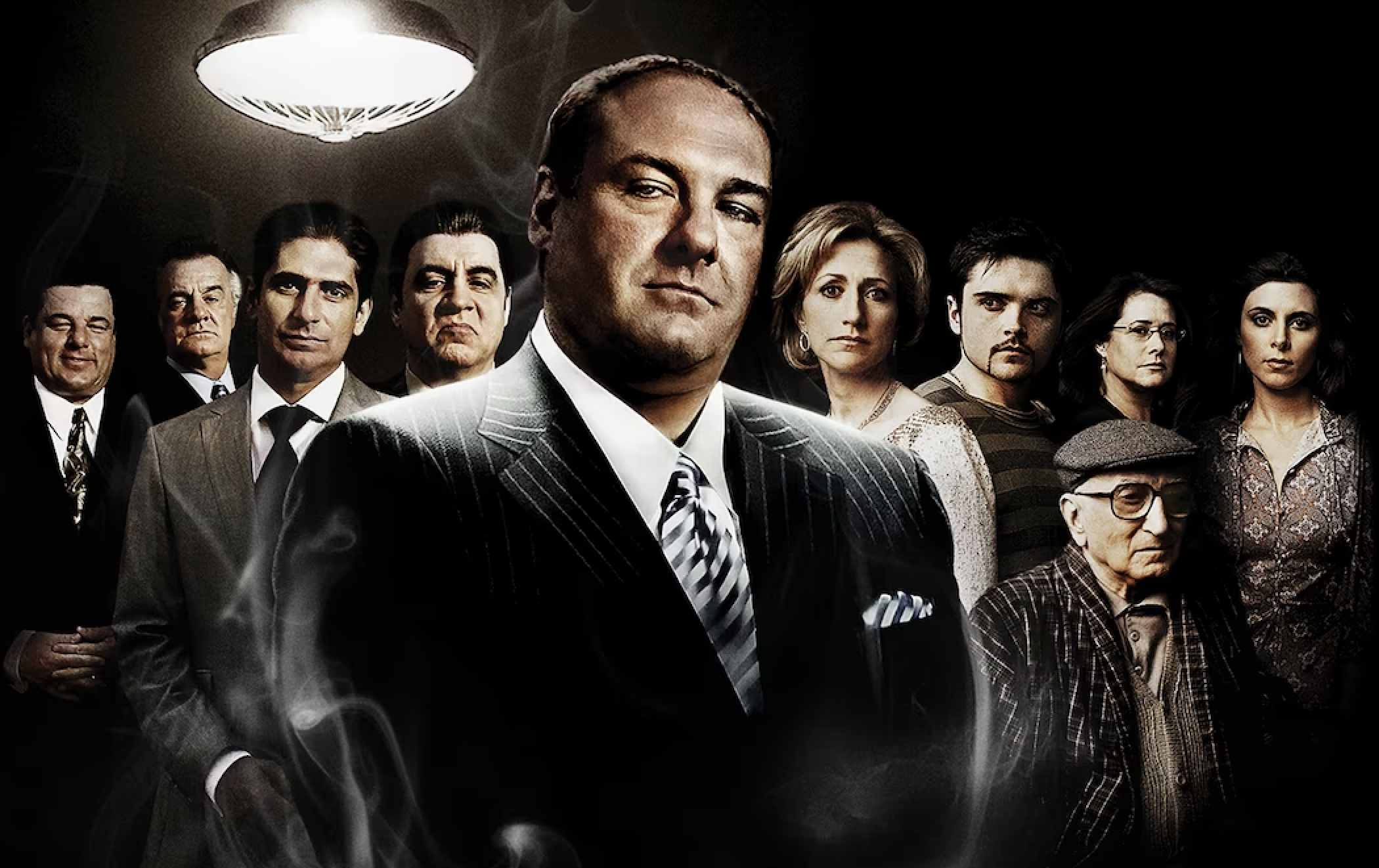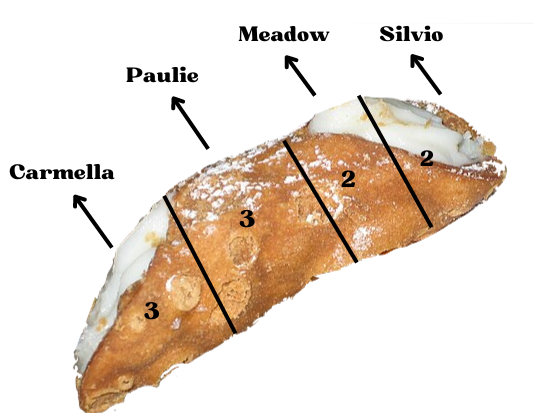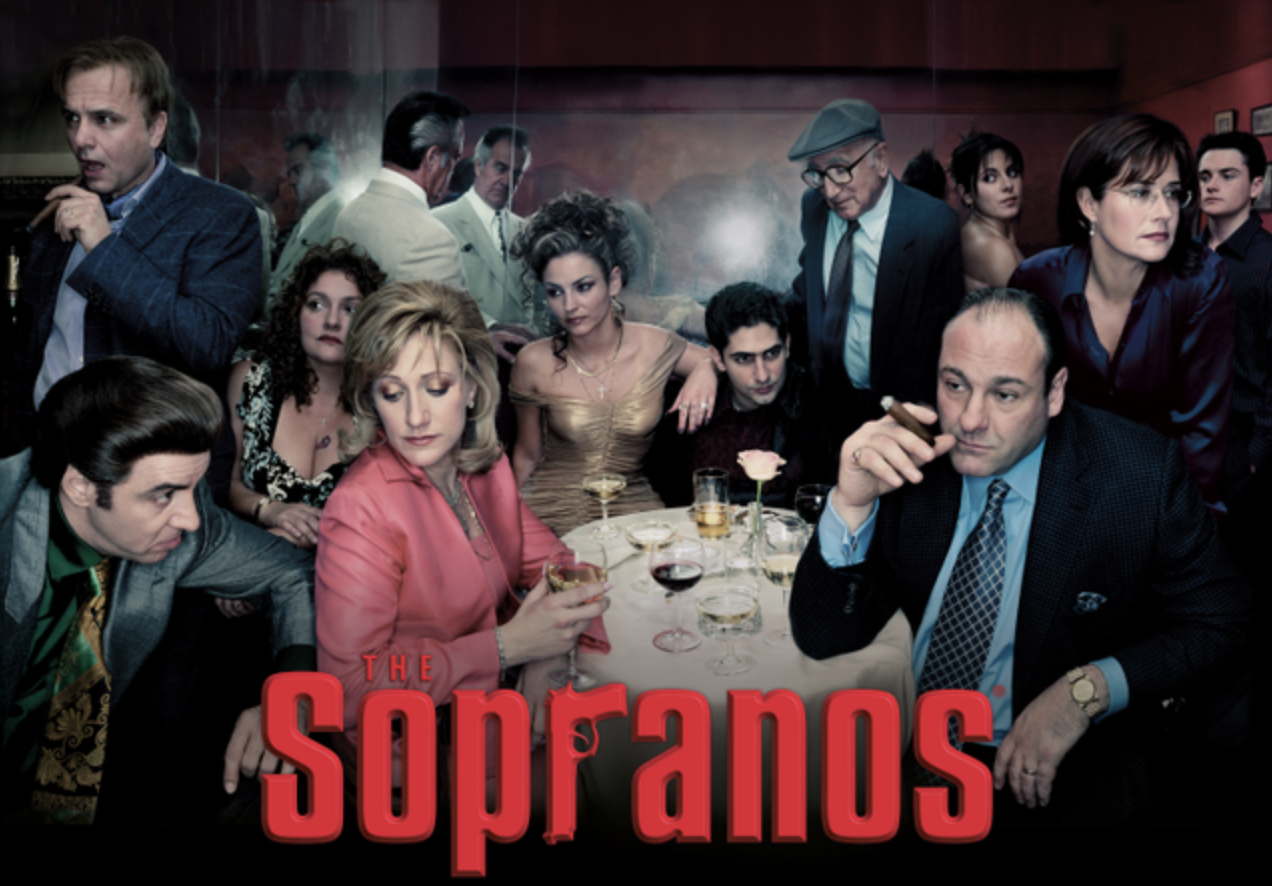Twenty-five years ago, HBO made television history when the pilot episode of the hit series, “The Sopranos” aired. During its run from 1999-2007, many considered it one of the greatest television series ever. The series won a total of 21 Primetime Emmy Awards, five Golden Globes, and Peabody Awards for the first two seasons. But what made “The Sopranos” a series that stands out from the crowd?
John Doyle, assistant professor in Cabrini University’s communications department, explained why he thinks the show was special. “The first thing I want to say is that ‘The Sopranos’ impacted my overall television viewing by changing my capacity to tolerate poor writing. The writing on the show is really extraordinary,” Doyle said.

He added, “And when I say writing, I don’t mean plotting, I mean, actually the language that the characters use, and that language they use, is both elevated and specific to each character. It is about making language and the way people speak a critical component of the storytelling.”
Doyle believes the show’s writing can also affect the viewer’s relationship with the characters. “The other thing that I think that the show did very well, that we see echoed throughout television, that changed my viewing habits, and my relationship with TV to some great extent is the capacity to see the world through the eyes of the bad guy and have empathy for them.”
Time-tested Soprano narratives
Tony Soprano, the family patriarch and mob boss, is no saint. Viewers see all sides of his personality throughout the duration of the series. Sydney McCarthy, a former Cabrini student and current sophomore English major at St. Joseph’s University said, “I think a moment that has always stuck with me, specifically, is season one, episode five, ‘College,’ where you see Tony transformed into a different person. We kind of see him in a different way from the first four episodes because he is on a college visit with his daughter and he just, brutally kills this guy.”
That episode caused McCarthy to question Tony’s moral universe. “It kind of like leaves you with the question of, ‘Okay, is what he’s doing good? What is this guy? What is happening in this TV show? Is any part of it moral?’ And I think the answer to that is no, but it’s their way of life.” McCarthy said.
The issues “The Sopranos” covers are still relevant 25 years later. Doyle explained, “The thing about ‘The Sopranos’ is the issues, it’s not temporal. So it’s not having a conversation about whether Trump is a good president. It’s having a conversation about whether or not it’s appropriate to put your family before humanity. And when you put money in front of honor or integrity. Those are issues that are always relevant.” Doyle said.
McCarthy still finds the series relevant. She said, “I think that ‘The Sopranos’ is one of the best TV series of all time. I don’t really think that there’s a TV show that compares.”
Fan favorites
In almost every television series, viewers pick and choose their favorite characters while getting to know them throughout the course of the show. Haley Howat, a former Cabrini student and current sophomore communications major at St. Joseph’s University said, “My favorites are Adriana and Carmela because they’re so misunderstood. And I love them so much, and I could treat Carmela and Adriana, so much better than Christopher, and Tony could ever.”
McCarthy said, “Paulie Walnuts is definitely one of my favorite characters of all time. I don’t even I couldn’t even tell you why. He is just so funny to me. For some reason, I can’t even put my finger on it. I just like love that guy.”
A poll I conducted in person and through Instagram was to see who everyone else picked as their favorites. The two characters that took the lead were Carmela, Tony’s wife throughout the series, as well as Paulie Walnuts, one of Tony’s chief henchmen. Here are the results in the form of a “Cannoli Chart”:








